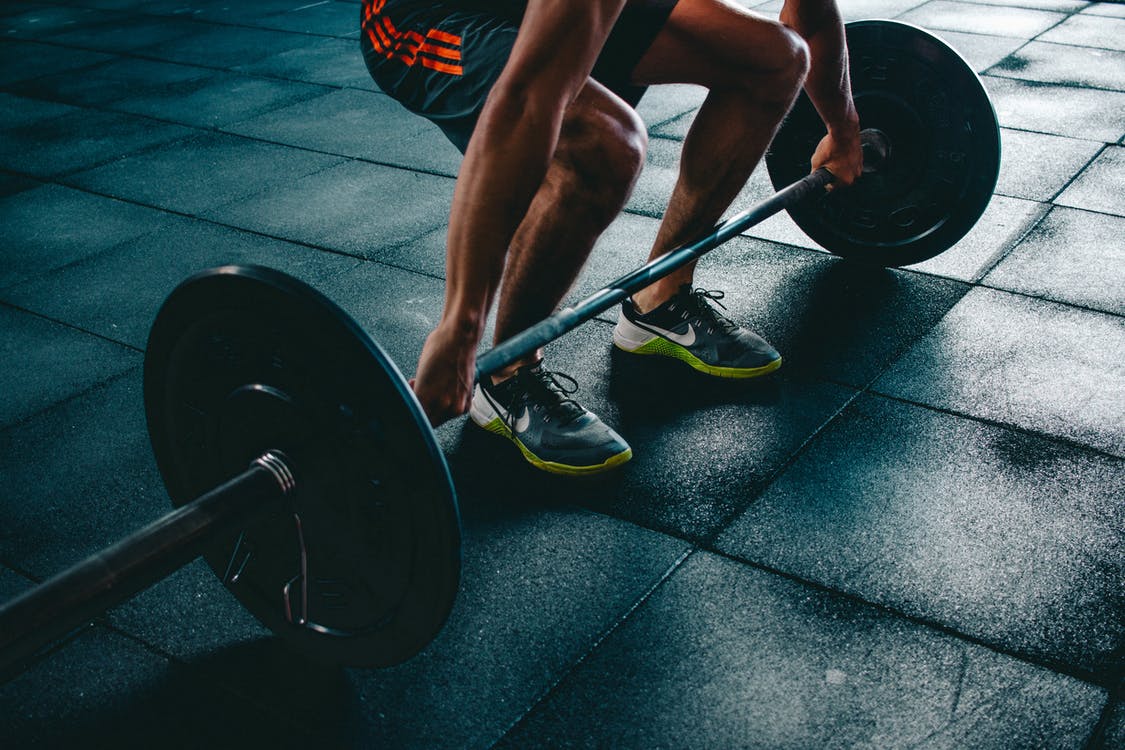As the say goes, no pain, no gain. However, it’s important to recognize that this saying is specifically referring to the safe and healthy strain that you feel when you’re pushing muscles to work harder than they normally do. It’s not an excuse to simply shrug off the potential of genuine injury. For that reason, it’s important to look at ways you can end up hurting yourself during your workouts, and how to prevent it.
Be sure to warm-up and cool-down
Your muscles need to get ready and to get limber to make sure that they’re able to stretch how you need them to while you’re working out. For that reason, finding good warm-up exercise routines and stretching before exercise is key. Similarly, it’s essential to take the time to stretch and cool-down to make sure that as your body rests again that the muscles around your joints don’t get trapped in odd and painful positions. If you don’t have time to warm-up or cool-down, you should only engage in light exercise.
The importance of good form
This is something you’re going to hear a lot if you seek any help or advice with things like weight-training. Do not underestimate how vital good lifting form is. If you don’t know the correct form for a strength-training exercise, don’t try it until you do. It’s effectively about making sure that the weight and pressure from lifting are put in the right places, the muscles that you’re trying to work out. Otherwise, too much pressure on the wrong place and you can end up with a serious injury.
Stay plenty hydrated
No matter what workout you’re doing, you need to take water with you. Simply put, if you don’t replace the fluids that you’re losing while you’re moving around, you’re going to end up dehydrated. Dehydration can increase the risk of injury because of the increased chance of muscle cramps, not to mention the weakness and slow reactions that can lead to accidents. A good 1 liter hydration pack can help you ensure that you’re replenishing your fluids throughout the whole exercise routine. It can also prevent you from suffering the effects of heat stress, which are dangerous all on their own, too.
Nutrition counts, too
If you want to keep pushing towards new exercise goals, especially when it comes to lifting, then you have to factor in proper nutrition. Not eating enough as you push yourself for more reps with heavier weights is practically guaranteed to lead to an exercise injury. Similarly, you should avoid severe dieting when you’re training, as well. If you are restricting what you eat, then that period should be accompanied by light exercise. You can get back into the harder and heavier sessions when you’re eating more again.
Workout injuries do happen and sometimes they’re a simple accident that you couldn’t have done much to prevent. However, the steps above can help you avoid a lot of the more common causes of unnecessary pain and strain.




